35 everyday use plot diagram
The plot of "Everyday Use" is what is more important to one's culture? Do you cherish things because they are part of the "Black Pride Movement" and "Civil Rights Movement" or do we cherish things ... The 1973 story "Everyday Use" is set in the... See full answer below. ... Explore the plot and characters of Eliot's novel about provincial life in 19th century England.
In the exposition, Mama is waiting for her daughter Dee, in the yard that she cleaned the previous afternoon with her other daughter, Maggie. The exposition is ...
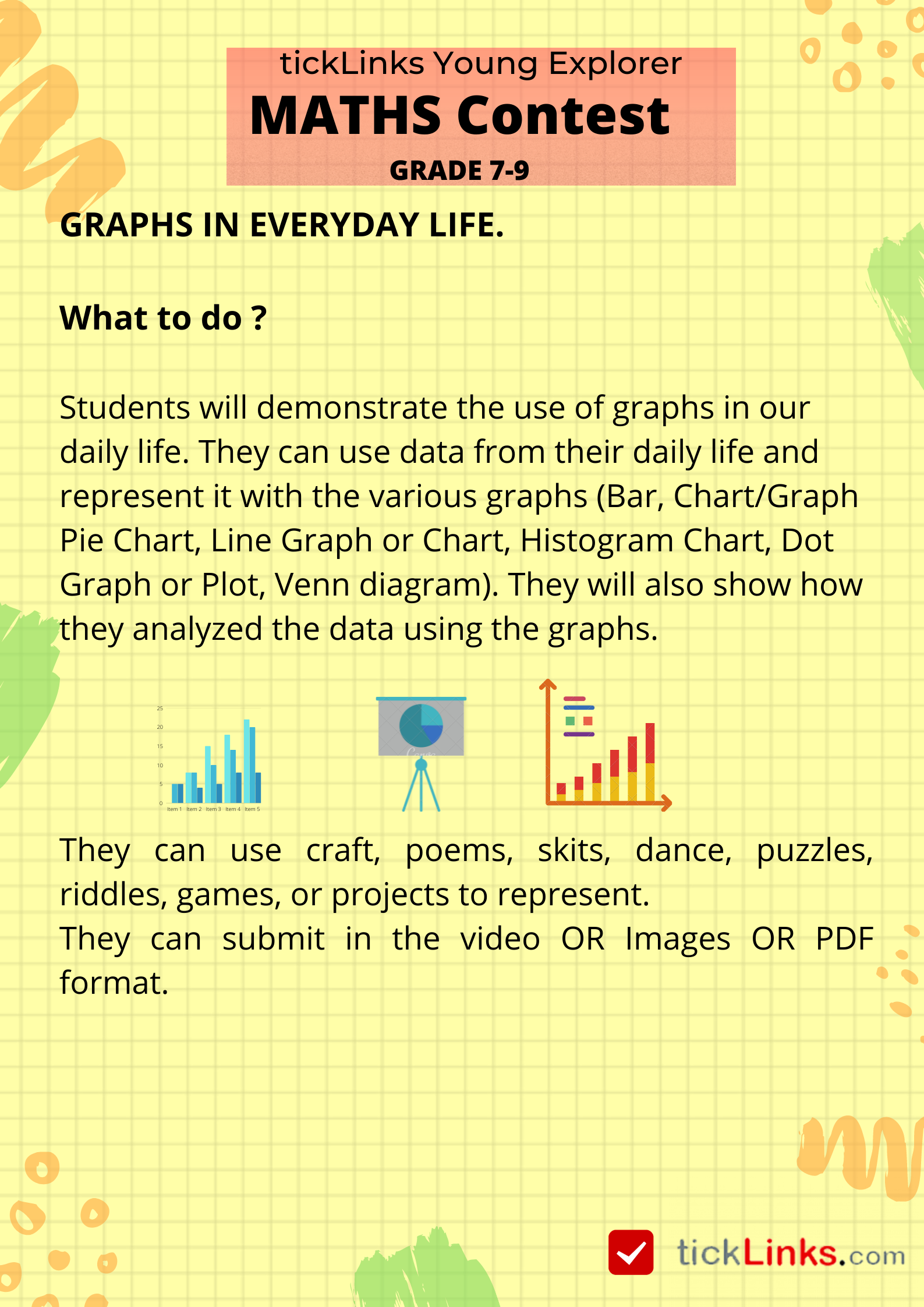
Everyday use plot diagram
Everyday Use p. 48-63. Objectives: Analyze a story's plot progress due to conflict. Evaluate the result of the conflict in the resolution. Draw inferences from the text. Develop writing by using well-structured event sequences. Use prepositional phrases to add variety and interest to writing. The use of multiple middle names has been somewhat impeded recently [citation needed] by the increased use of computer databases that occasionally allow for only a single middle name or more commonly a middle initial in storing personal records, effectively preventing people with multiple middle names from being listed in such databases under their full name. As a whole class, complete a Venn Diagram under the "PREWRITING" tab in MY Access! or use the Venn Diagram template ... "Everyday Use" Understanding the Plot . 1. Describe the major conflict in the story and why it occurred. 2. Describe how the conflict affected Maggie and Dee. 3.
Everyday use plot diagram. The falling action in " Everyday Use " is very short and occurs right after Mrs. Johnson makes the decision to give the quilts to Maggie. The climax is just before, when Dee asks for the quilts so ... Similarly to equation (23), this expressions allows us to infer a qualitative shape for the bending moment diagram, based on the shear force diagram we've already calculated. Consider the shear force between A and D for example; it's constant, which means the slope of the bending moment diagram is also constant (an inclined straight line). Everyday Use. Mama decides that she will wait in the yard for her daughter Dee's arrival. Mama knows that her other daughter, Maggie, will be nervous throughout Dee's stay, self-conscious of her scars and burn marks and jealous of Dee's much easier life. Mama fantasizes about reunion scenes on television programs in which a successful ... See Plot Diagram Summary Waiting for Dee The story opens in the yard of Mama's house, a small wooden structure in the middle of a pasture in the rural South. Mama describes herself and people she knows. She describes her shy daughter Maggie, who stands in "envy and awe" of her sister Dee, who seemingly "has held life always in the palm of one hand." ...
In the short story Everyday Use by Alice Walker is a glimpse into the lives of three women and how things matter differently to each of them. The narrator, Maggie's mother, and Maggie see the artifacts described in the story as everyday things. They use many of them in their everyday life and do not give them anymore significance than that of ... Every Day is the 2012 young adult novel by David Levithan. The protagonist of this teen fantasy, who is referred to as "A," is a 16-year old with a very strange life. Every day "he" wakes up in the body of a new person. One of the only things that remains consistent is that A is always A, no matter the body. Everyday Use by Alice Walker. Everyday Use by Alice Walker. JQ Exposition & Inciting Incident. Climax. Mrs. Johnson hugs Maggie, which she has never done before. Ever wondered how Everyday Use follows the standard plot of most stories? Come on in and read Everyday Use. by Alice Walker Exposition. Waiting is the. Everyday Use. 1. She used to read to us without pity; forcing words, lies, other folks' habits, whole lives upon us two, sitting trapped and ignorant underneath her voice. She washed us in a river of make-believe, burned us with a lot of knowledge we didn't necessarily need to know. Mama speaks these words in reference to Dee's formative ...
As you read "Everyday Use," assign half the class to "Maggie" and the other half to "Dee." They should ... PLOT . section of the MY Access! Narrative Wizard for this activity). ... what they must write. As a whole class, complete a Venn Diagram under the "PREWRITING" tab in MY Access! or use the Venn Diagram template on page 10. Exposition: The story begins with an African American lower class mother, and her younger daughter waiting for her older daughter to visit. · Inciting Incident/ ... Read More. Dee. A bold, opinionated, forceful young woman, Dee uses her intelligence, sharp tongue, and education to get what she wants. Read More. Maggie. Slow-moving, slow-witted Maggie, Mama's younger daughter, is a reclusive young woman who lacks confidence. Read More. Hakim-a-barber. Longhaired, bearded Hakim-a-barber, Dee's boyfriend, is ... "Everyday Use" Plot Chart Gina Canavan Climax The highest point of interest in "Everyday Use" takes place when Mama takes the quotes from Wangero and gives them to Maggie because she would use the quilts for their intended purpose, as opposed to Dee who would just hang them. Dee
Everyday Use Alice Walker First Half of 20th Century racial tension Dee (Wangero), Maggie, Mama, Hakim Dee Maggie Fight for Family's Heritage Dee returns a changed woman Dee asks for the butter churn Dee asks for the quilts Mama gives the quilts to Maggie Dee complains that
Steppenwolf (originally Der Steppenwolf) is the tenth novel by German-Swiss author Hermann Hesse.. Originally published in Germany in 1927, it was first translated into English in 1929. The novel was named after the German name for the steppe wolf.The story in large part reflects a profound crisis in Hesse's spiritual world during the 1920s.
A plot is an organized or of events that make up a story!. The first step in a plot or the is called the This is found at the of a story. We learn about and the of the story! We also get introduced to the in the story.. is the next step of the plot diagram. This is where the begins to we call that . The big BOOM of a story is usually referred to as the This is known as the of the story.
Types of plot diagram templates. A plot diagram is an important and useful tool. You can use a plot structure diagram to help explain or even create a story. When you think about it, each and every story has a pattern. Without this pattern or plot, it would be very challenging for a writer to create a good flow or storyline.
A: Bode plots are a actually a set of graphs which show the frequency response of a system. This system could be any system (not just a circuit!) which experiences change in behavior due to a change in frequency (cycles/second). Frequency Response basically means how our system will change with respect to a given input frequency.
Summaries. A shy teenager falls for a spirit who wakes up in the body of a different person every morning. Based on David Levithan's acclaimed New York Times bestseller, Every Day tells the story of Rhiannon (Angourie Rice), a 16-year old girl who falls in love with a mysterious soul named "A" who inhabits a different body every day.
Plot Diagram and Narrative Arc. Narrative arcs and the "Plot Diagram" are essential for building literary comprehension and appreciation. Plot diagrams allow students to pick out major themes in the text, trace changes to major characters over the course of the narrative, and hone their analytic skills. Lessons emphasizing these skills meet ...
Start studying Everyday Use plot structure. Learn vocabulary, terms, and more with flashcards, games, and other study tools.
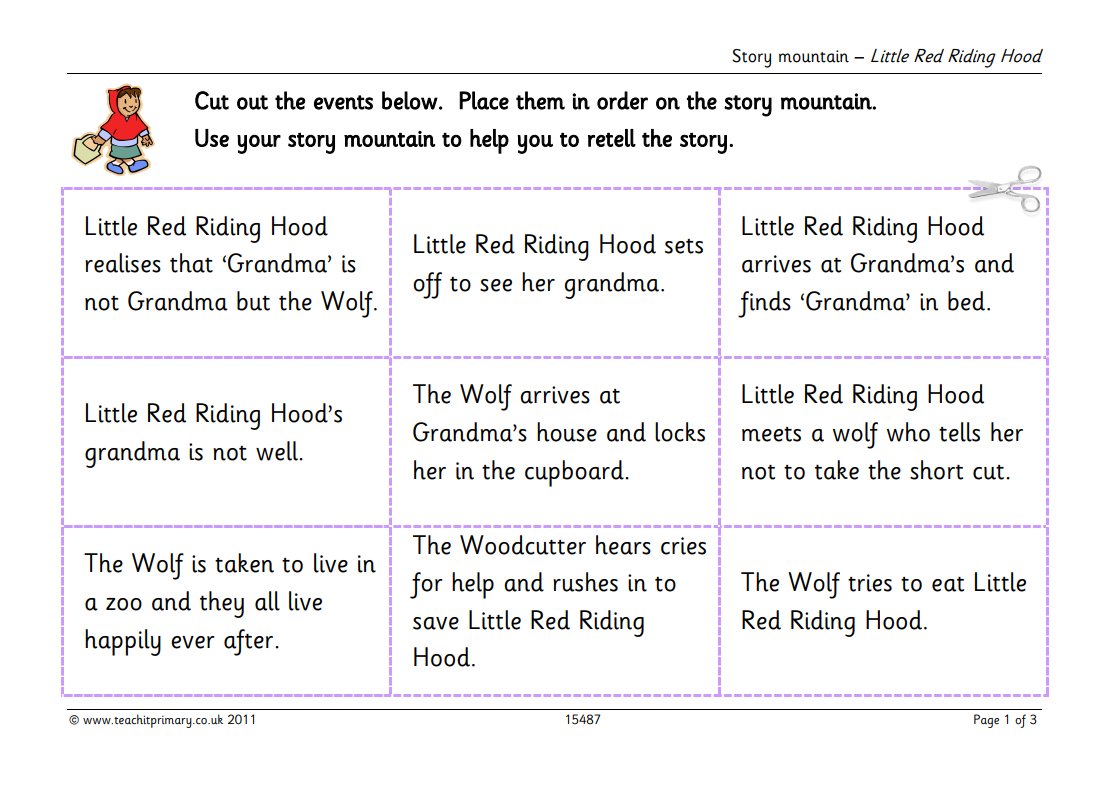
Story Mountain 7 Of The Best Story Structure Worksheets And Resources For Ks1 And Ks2 Creative Writing
Microsoft Word - Plot Diagram Template.doc Author: kowalikkathryn Created Date: 20090323082016Z ...
Middle. In the rising action, Dee arrives at the house. She is accompanied by a man, and Mama describes their unusual appearance: Dee has a long, colorful dress on, and the man has long hair and a long beard. Dee greets her family by using a Swahili phrase, which typically means "Good morning" or "I hope you slept well": " 'Wasuzo ...
Everyday Use is told from the perspective of Mama, a "big-boned woman with rough, man-working hands".As the story begins, she hesitantly awaits the return of her eldest daughter Dee.Mama stands near her withdrawn and physically scarred younger daughter Maggie.As they await Dee's return, the reader is given details about Mama's life and her near estrangement with Dee.
Plot diagram is a schematic representation of the events that unfold in a story. The diagram does so with the help of a triangular or pyramid shaped drawing. When the events of a story are mapped in this way, the audience finds it easy to visualize the story's key aspects. Although, many people do without these diagrams, it is important for a ...
We also do not re-use any of the papers we write for our customers. With this guarantee feel comfortable to message us or chat with our online agents who are available 24hours a day and 7 days a week be it on a weekend or on a holiday. We offer 24/7 essay help for busy students.
Everyday Use Plot Analysis. By Alice Walker. ... Plot Analysis. Exposition Waiting is the Hardest Part. As the narrator waits around for her daughter Dee to show up, we get to know a little about her and a lot about Dee and her other daughter Maggie (well, ...
Online Graph Maker. Create over 30+ charts & diagrams with ease in Visme’s graph maker. Access customizable templates, live data integration and interactive graph capabilities.Easily share, download or embed your graph. Create Your Free Graph Now
Everyday Use Summary. In "Everyday Use," Mama, the story's first person narrator, describes her relationship to her daughter Dee as Dee, an educated young African-American woman, returns to visit her childhood house in the Deep South. The story begins as Mama and Maggie, Dee's sister and Mama's younger daughter, prepare for the visit.
As a whole class, complete a Venn Diagram under the "PREWRITING" tab in MY Access! or use the Venn Diagram template ... "Everyday Use" Understanding the Plot . 1. Describe the major conflict in the story and why it occurred. 2. Describe how the conflict affected Maggie and Dee. 3.
The use of multiple middle names has been somewhat impeded recently [citation needed] by the increased use of computer databases that occasionally allow for only a single middle name or more commonly a middle initial in storing personal records, effectively preventing people with multiple middle names from being listed in such databases under their full name.
Everyday Use p. 48-63. Objectives: Analyze a story's plot progress due to conflict. Evaluate the result of the conflict in the resolution. Draw inferences from the text. Develop writing by using well-structured event sequences. Use prepositional phrases to add variety and interest to writing.
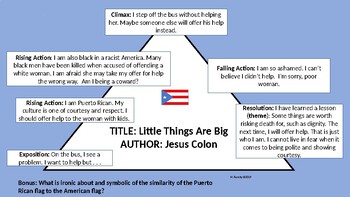

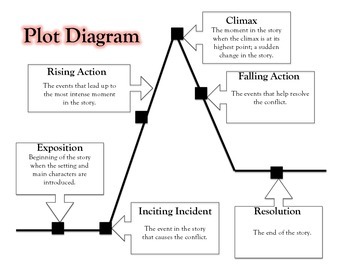
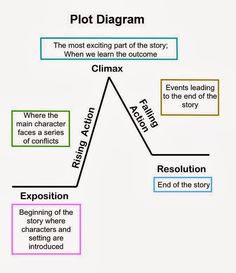
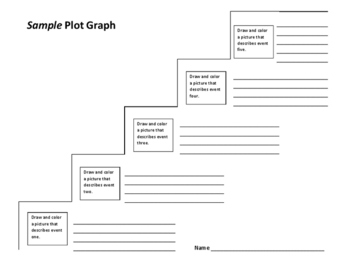
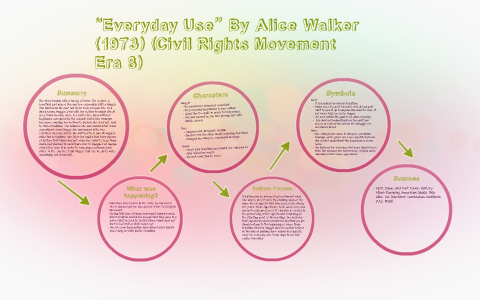
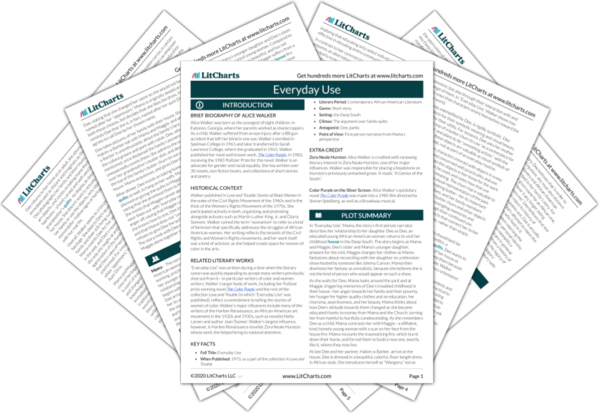


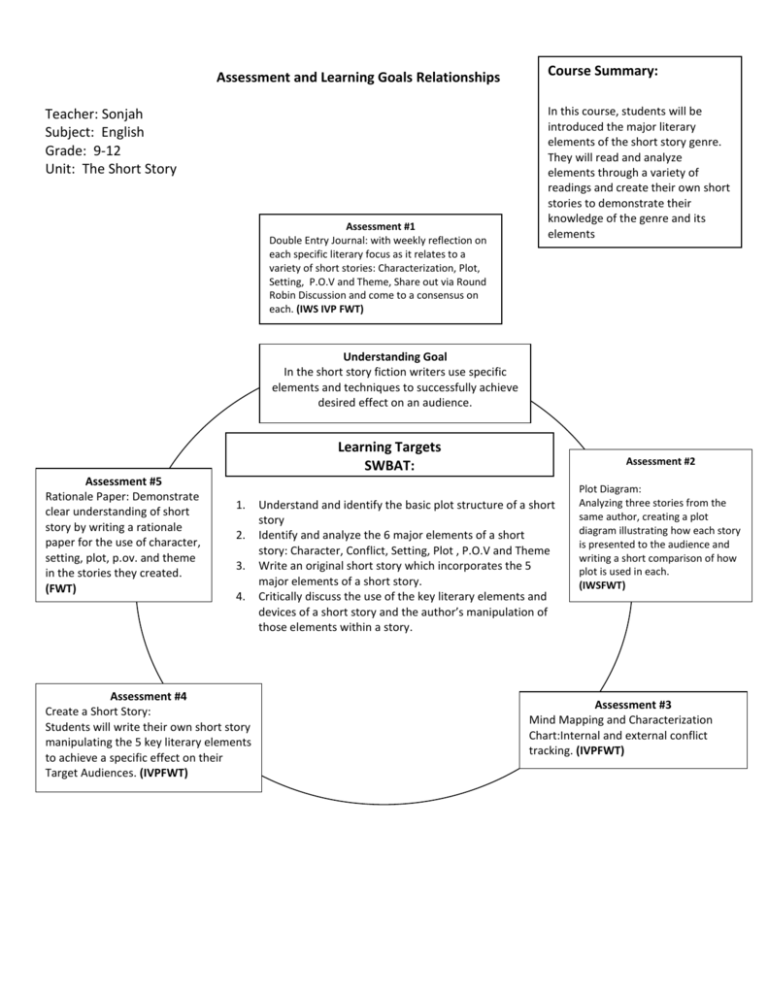

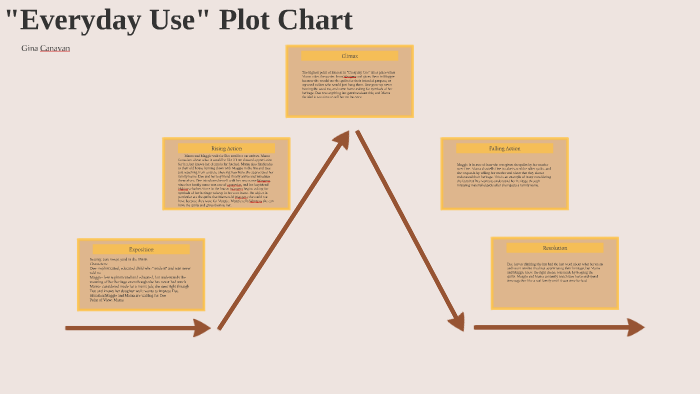
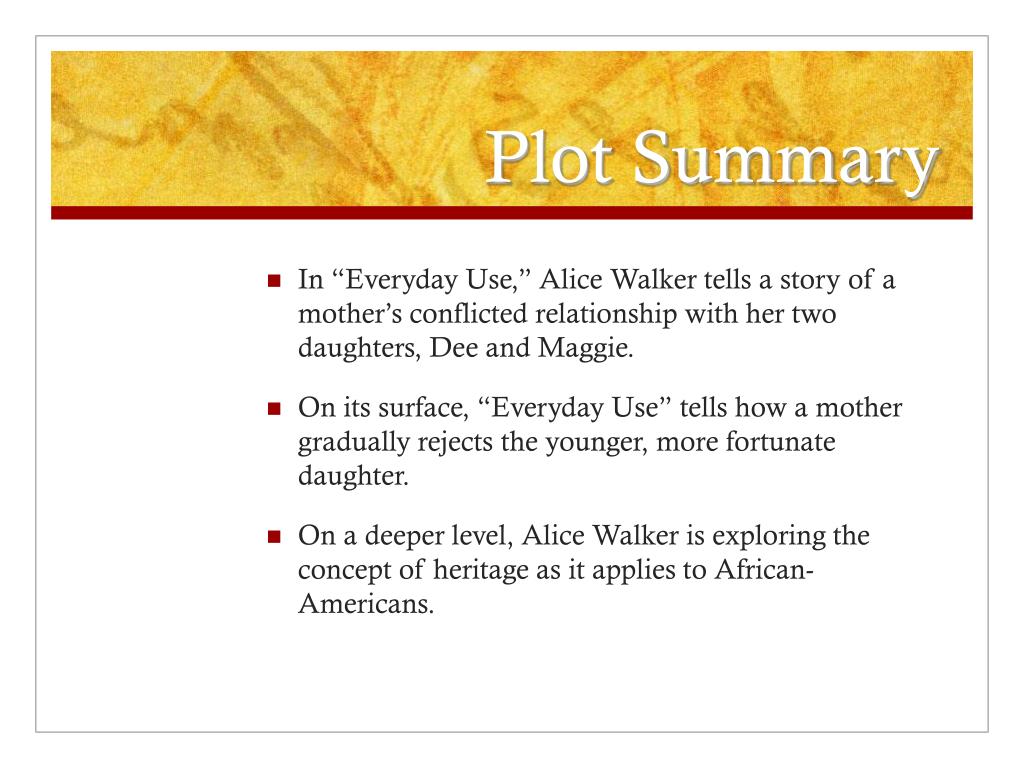
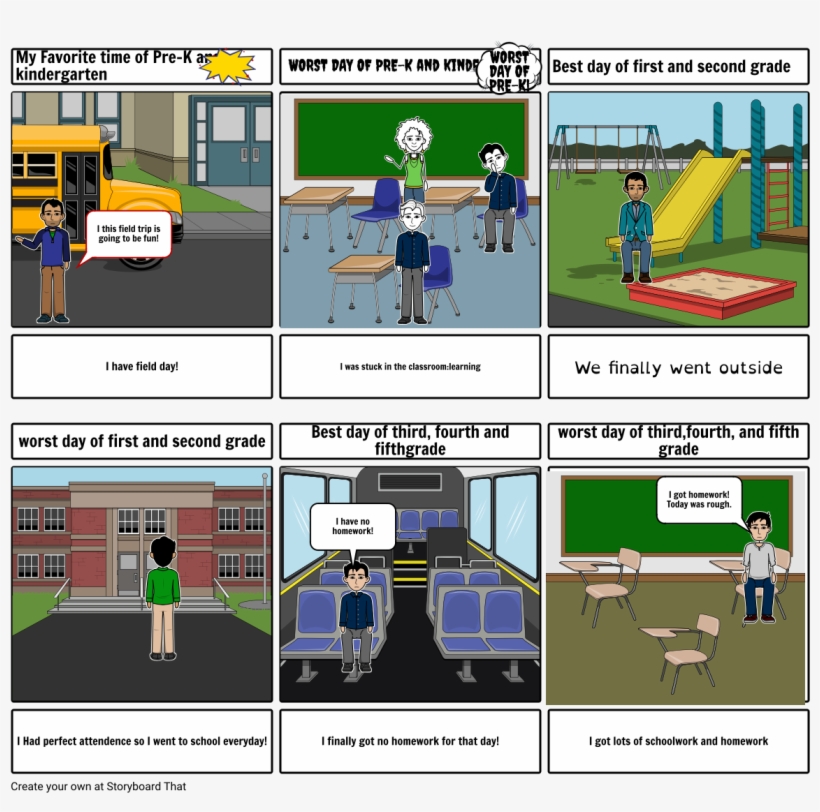
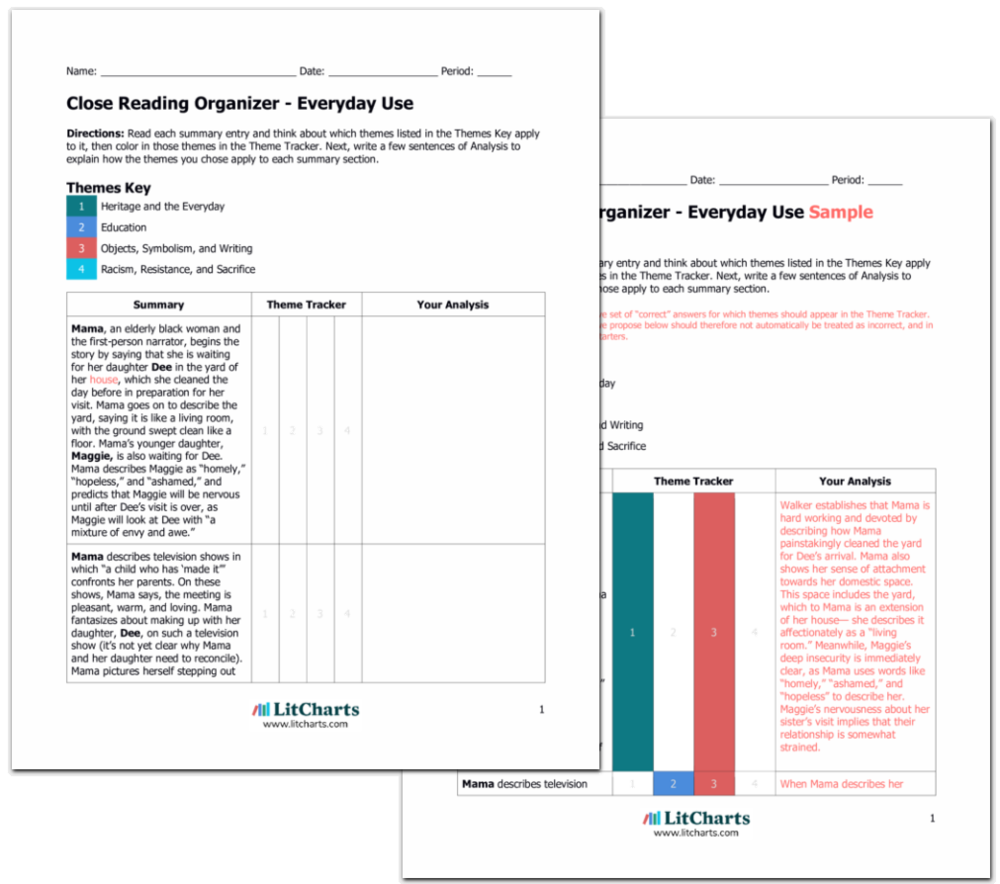

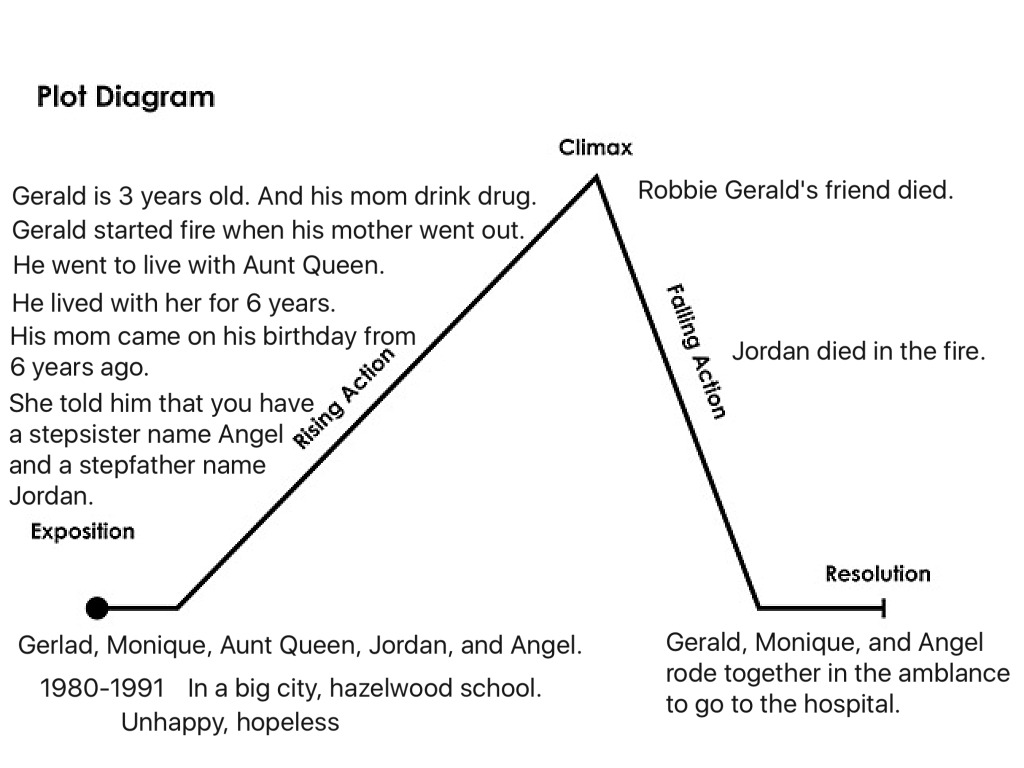
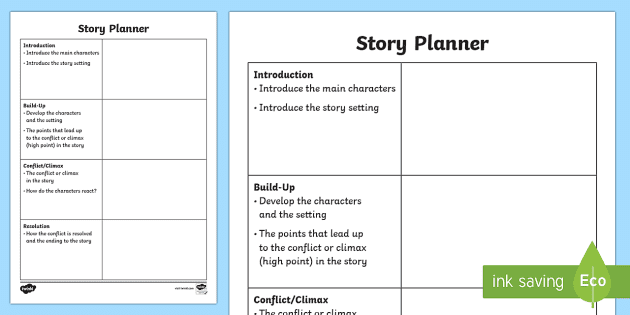
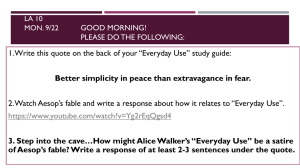





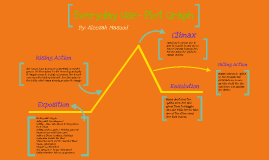



0 Response to "35 everyday use plot diagram"
Post a Comment